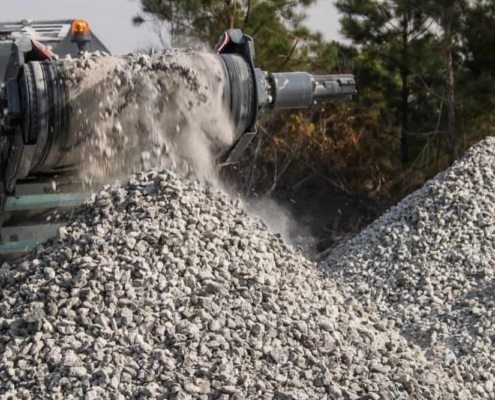
Top 6 Benefits of Recycled Concrete Aggregates
In recent years, recycling concrete has become more popular among…
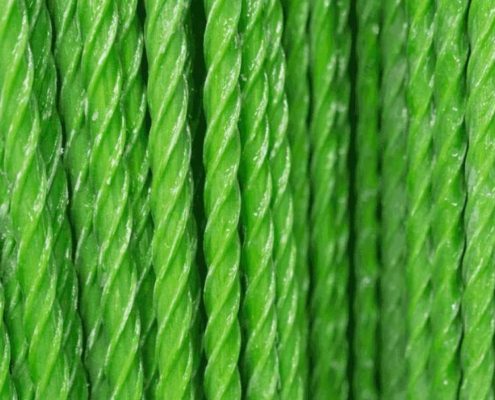
8 Things You Need to Know About Glass Rebar
Traditionally, any concrete construction project you could imagine…

How to Pour the Perfect Concrete Slab
Incorrectly pouring concrete can lead to significant problems…

The Secret Behind Ancient Roman Concrete
The modern world was built on the foundation of steel-reinforced…
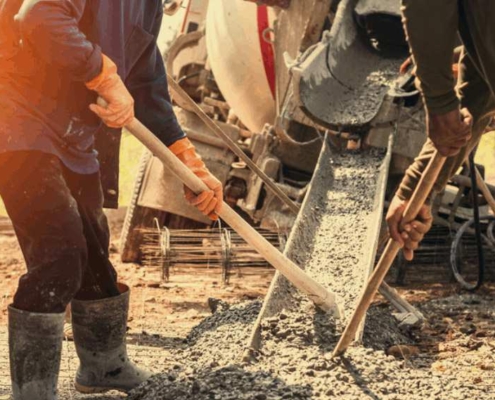
LEED™ Certification and Concrete: What You Need to Know
The United States Green Building Council’s Leadership in Energy…
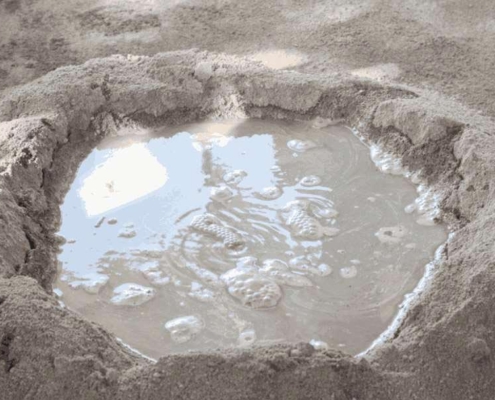
Can You Add Water to Concrete On-Site?
Because concrete is one of the few building materials that can…

Fly Ash in Concrete
Fly ash is a fine powder, a byproduct of burning pulverized coal…
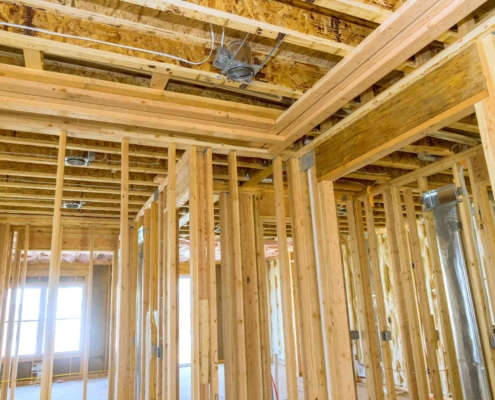
Applications and Benefits of Plywood in Construction
Plywood has long been an essential material in the construction…
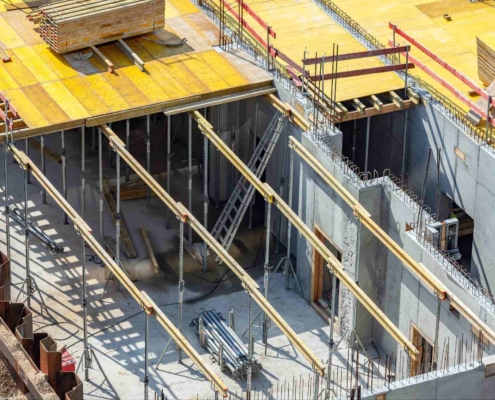
Wood Formwork for Concrete: Selection, Use, and Maintenance Tips
Formwork plays an essential role in concrete construction, shaping…
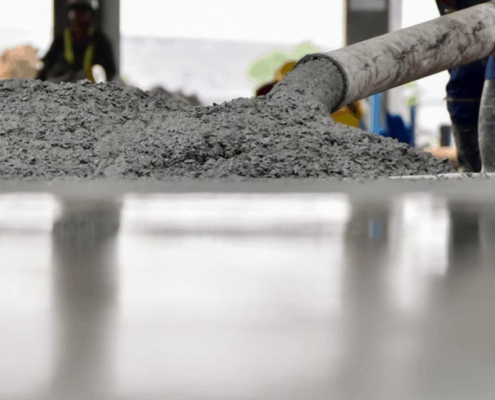
Top 7 Concrete Admixtures
Whether your current project has you searching for laborers,…

